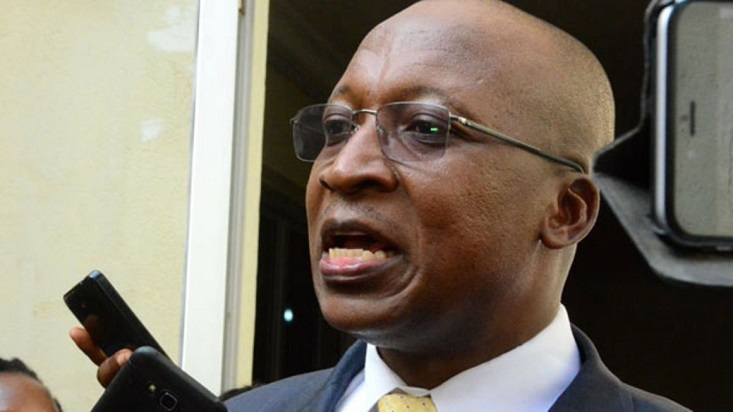Parliament has approved the proposal to borrow US$18.09 million (Shs66,003,535,800) as additional financing for the expansion of Uganda Cancer Institute, after the government argued that the loan will save Ugandans from the cost of over Shs1.094 trillion they have been spending annually while seeking cancer care in India, the US, and other nations.
This followed the request by the Ministry of Finance to borrow US$18.09m additional financing to finance East Africa’s Centres of Excellence for Skills and Tertiary Education in the biomedical sciences project—Phase I—Uganda Cancer Institute from the African Development Fund following the change in scope from the ongoing works at the Institute.
“Currently, Uganda gets 60,000 new cancer cases per year. While most are attended to locally, a significant number seek treatment in India, the USA, and other countries with superior facilities. The project will therefore reduce the cost of treatment abroad of approximately US$100-300M spent on care abroad. The introduction of BTM treatment would be a major reap in treating blood cancer,” remarked Robert Migadde, Minister of State for Finance.
Robert Migadde, Vice Chairperson, Committee on National Economy, informed Parliament that upon completion, the project will be used for training by students at Makerere University College of Health Sciences, Mbarara University of Science and Technology, and Gulu University. He, however, expressed concerns about the latest trend by the government seeking additional resources for ongoing projects, which he said points to poor planning within the government.
“Of late, the government has tabled a number of proposals requiring additional financing for already ongoing projects like the Masaka-Mutula Road project and the Greater Kampala Road projects in addition to this one. This has been attributed to delays in the implementation of projects, lack of adequate planning and preparedness for these projects, and variations in the scope of work, among others. These led to cost overruns, resulting in the need for additional funds, ultimately increasing the financial burden on the government. The committee therefore recommends that the government minimize variation in projects, except in unavoidable circumstances,” noted Migadde.





